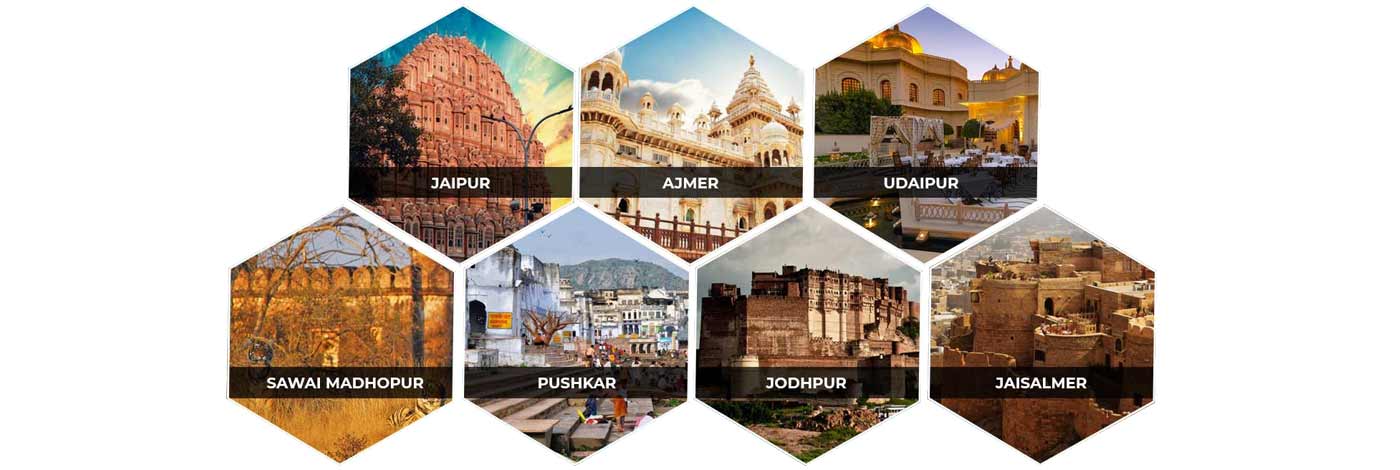
Jaisamand Sanctuary Udaipur
Jaisamand Sanctuary is a wildlife sanctuary in Rajasthan, located at a distance of 51 km south east of Udaipur and spread over an area of 160 square kilometres.
Jaisamand Sanctuary is the home of countless species which include sloth bear, leopard, chital, chinkara and wild boar. In this wildlife sanctuary of Udaipur of Rajasthan, there are large number of the birds breed here such as darter, open bill stork, pond heron, little cormorant and Indian Shag. The aquatic life is also found in the lake of Jaisamand Sanctuary such as the fish and the crocodiles. The lake of Jaisamand Sanctuary is known as Jaisamand Lake or Dhevar Lake.
Jaisamand Lake is one of the elite sites of Udaipur district of Rajasthan. The lake was one of world's largest artificial lakes till the Aswam dam was built in Egypt. The lake stretches 9 kms in breath and is 102 feet deep with a circumference of 30 miles with some exclusive marble staircases that descend in the water.
Jaisamand Lake in Jaisamand Sanctuary is also known for the island attractions. There are seven islands on the lake and the tribe of Bhil Minas inhabit these islands. There are two main islands which are large in size. The biggest island is called Babaka Bhagra while the smallest is called "Piari".
The historical legend of Rajputana shows that Rana Jai Singh constructed the Dhebar Lake or Jaisamand Lake to provide a perfect backdrop for a summer retreat. On the dam near the Jaisamand Sanctuary are the six exotic cenotaphs and a Lord Shiva temple in the centre. The northern end of the lake has a palace with a courtyard while its southern end has a pavilion of 12 pillars. The hills to its south have grand palaces that have an excellent view of the lake.
The forests around Jaisamand Lake, which is known as Jaisamand Sanctuary was once the hunting grounds for the local and British rulers. It was also the hunting ground of Maharanas of Mewar, have now been converted into a game sanctuary of Jaisamand.
Jaisamand Sanctuary built in 1957 lies just beside the artificial Jaisamand Lake and has an area of 62sq km. The lake welcomes a wide variety of resident and migratory birds and is also home to the crocodiles. Jaisamand Wildlife sanctuary is a home for different species of animals like Panther, Wild Boar, Deer, Antelopes and mongoose etc. The leopard, hyena, jungle cat, fox and wolf are among the carnivores of the sanctuary. The surrounding forest is infested with leopard, cheetal (spotted deer) and chinkara (Indian Gazelle).
The Jaisamand Lake in Jaisamand Sanctuary is the dwelling place for crocodiles, turtles and a variety of fish.
Jaisamand Sanctuary of Rajasthan is the perfect option for the nature lovers and the wildlife explores who want to see the species in their totally natural atmosphere. There is another sanctuary which located in the vicinity of Jaisamand sanctuary and stretches over an area of 45 kilometres and has a road through which the motors could be driven.
Attractions of Jaisamand Wildlife Sanctuary :
This Wildlife Sanctuary is spread over an area of 160 Sq. Km. The flora of this Sanctuary comprises of thickly wooded forests of mainly Teak wood. It is habitat to a large variety of animals like Bears, Black Bucks, Blue Bulls, Chinkaras, Chittal or Spotted Deer, Civets, Common Langurs, Four-horned Antelope, Foxes, Hares, Indian Wild Boars, Jackals, Jungle Cats, Leopards, Mongooses, Panthers, Porcupines, Sambhars, Sloth Bears, Striped Hyenas and Wolves. Among the Snakes are Cobras, Kraits, Rat snakes and Vipers.
It is also home to a huge variety of over 300 species of resident as well as migratory birds like Babblers, Buzzards, Curlews, Dalmatian Pelicans, Darters, Doves, Eagles, Egrets, Falcons, Flycatchers, Hawks, Indian Shags, Kites, Little Cormorants, Mynahs, Nightjars, Open-bill Storks, Orioles, Owls, Parakeets, Partridges, Peafowl, Pond Herons, Quail, Woodpeckers, Vultures and a wide variety of Ducks including Pintails, Teals, Mallards and Shovelers. A variety of Fishes, Crocodiles, Turtles and Otters are found in and around the lake.
Rajasthan Wildlife
Rajasthan brings to mind the images of forts, palaces, lakes, colourful festivals and the mighty Thar Desert. Rajasthan is a land of varied topography, ranging from the semi green forests of Mount Abu to dry grasslands of the desert, and from the dry deciduous thorn forest of Aravali to wetlands of Bharatpur. Each of these areas is home to variety of rare as well as endangered animal and bird species. The sanctuaries and the wildlife parks here attract the migratory birds and become their temporary home. Migratory birds like the common crane, ducks, coots, pelicans and the rare Siberian cranes, imperial sand grouse, falcons, buzzards flocks to this state during the winter season. In the season time, the whole place echoes with enchanting sounds and fascinating visuals against the sprawling meadow of flora. Each of these areas is a haven for a wide spectrum of wildlife, bestowing the state with some of the most fascinating wildlife sanctuaries in India.
With its unconventional beauty and varied attractions, Rajasthan simply charms its way into our hearts. However, there is another aspect of Rajasthan that draws visitors in hordes. Well, it is Rajasthan's rich wildlife that makes adventure lovers and wildlife enthusiasts flock its national parks and wildlife sanctuaries every year. A very well known fact is that Rajasthan has a variety of flora and fauna. Rajasthan is the haven of the tigers and many endangered species. Rajasthan is the home of some rare species of tigers, blackbucks, chinkara, the desert fox, the endangered caracal, the great Indian bustard, gavial, monitor lizard, wild boars, porcupine, etc. The leopard (panther) here is found in forests and in open degraded forest areas with rocky outcrops adjoining towns and villages. Each type of ecosystem is host to some rare species, so they have been marked as special area wildlife.
Rajasthan boasts of three national parks and over a dozen sanctuaries that offer a fascinating variety of birds and beasts, of flora and fauna and of hilly and forested terrain. Most of these areas are open to visitors round the year but are closed briefly during the monsoon. The wildlife sanctuaries in Rajasthan offer some of the best wildlife tours in India and can be explored either by jeep or on elephant back. So, get set for a jeep or elephant safari and enjoy a close encounter with the wild beasts and beautiful birds in their natural habitat. For those looking for adventure, these wildlife sanctuaries of Rajasthan provide the kind of excitement that really makes the adrenaline flow.
The Nahargarh Biological Park has a variety of vegetation and several species of wild beasts. The Jhalana Nature Trail, Arboretum Park, Amrita Devi Park and Machia Safari Park are the other popular ones. Around 550 species of birds can be traced in the lakes, ponds, marshlands and grasslands of Rajasthan. They are an absolute paradise for bird lovers most of which are residents. The best colony of birds in the world is Kealodeo National Park situated in Bharatpur. The Keoladeo Ghana National Park at Bharatpur is a bird sanctuary that is visited, every year, by our feathered friend from distant lands. It is famous for the exotic Spoonbills and Siberian Cranes. It has more than 400 species of birds and more than 130 of them breed inside the park. Being a unique bird place, the UNSECO has recognized it as a world heritage site. The Sariska Wildlife Sanctuary and the Ranthambore National Park are tiger reserves and homes to the royal Indian tiger. These destinations have a large variety of other wild species including the wild boar, jackal, sambar and nilgai. The Ranthambore National Park is also a heritage site, as it houses the magnificent ruins of a thousand-year-old fort.
The best season for bird watching begins with the onset of winter when marshlands and lakes are inhabited by migratory birds as well as resident birds. Flamingos, too can be seen in salt-water lakes like Pachpadra near Barmer and Sambhar near Jaipur. The major wetlands other than Bharatpur in Rajasthan.
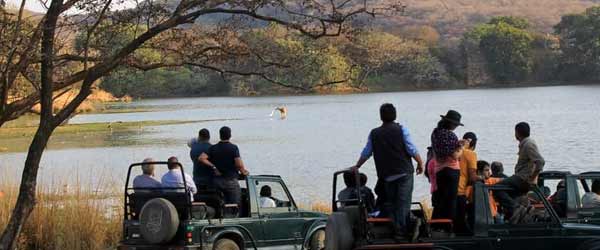
Ranthambore National Park
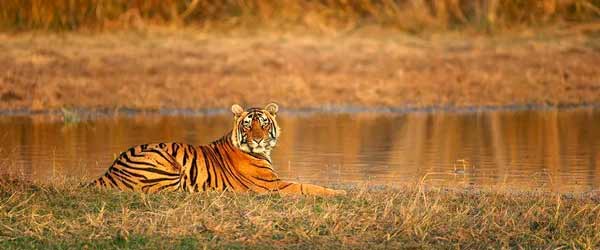
Sariska National Park, Alwar
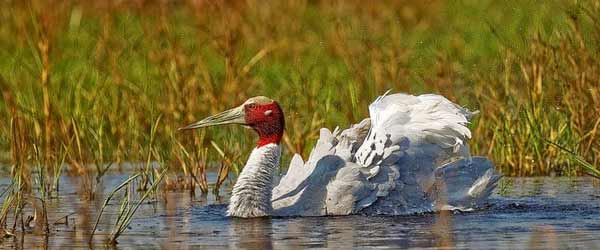
Keoladeo Ghana Bird Sanctuary
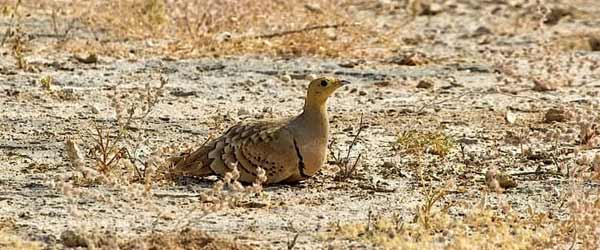
Desert National Sanctuary
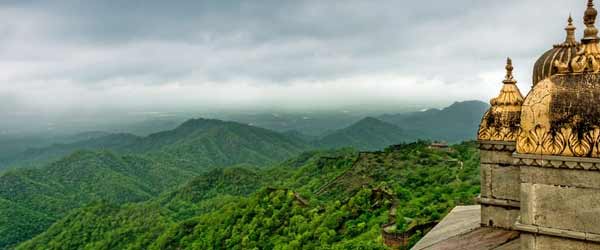
Kumbhalgarh Wildlife Sanctuary
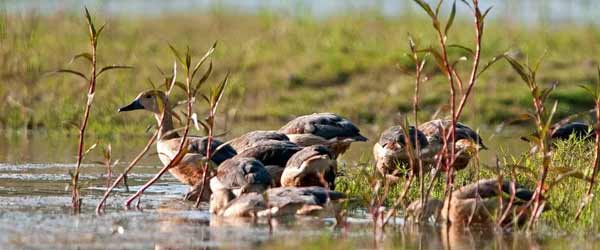
Darrah Sanctuary, Kota
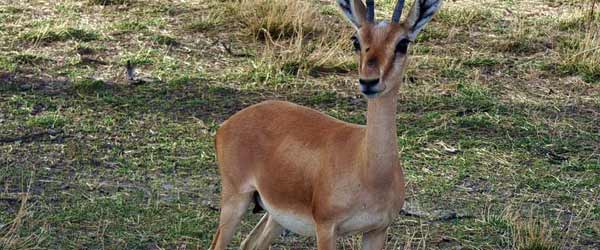
Mount Abu Sanctuary
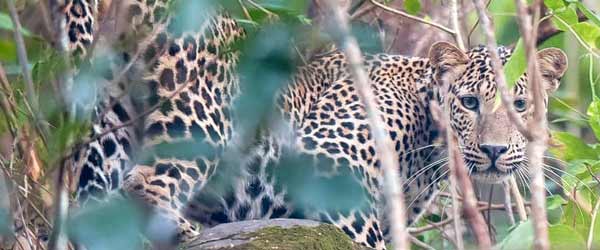
Sita Mata Sanctuary, Pratapgarh
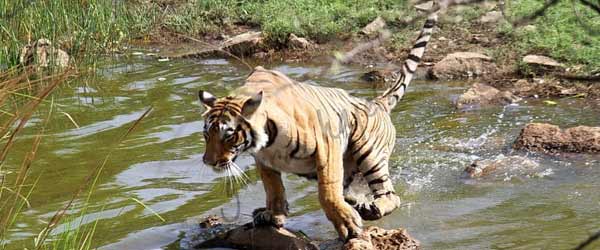
Keladevi Wildlife Sanctuary
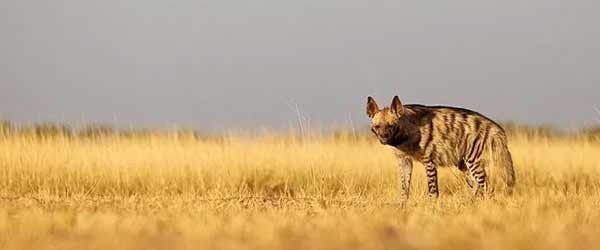
National Chambal Wildlife
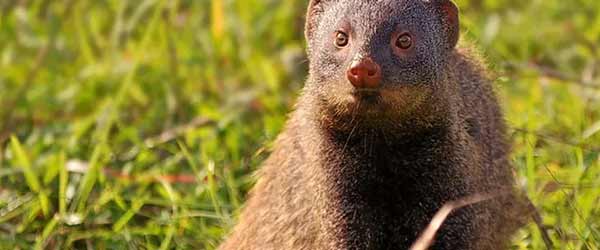
Machiya Safari Park, Jodhpur
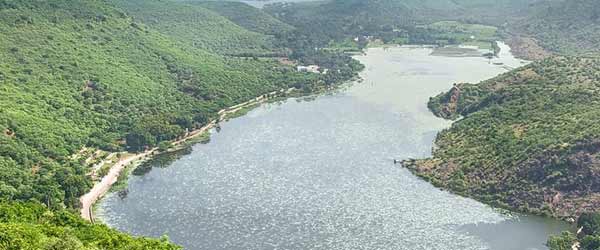
Ramgarh Vishdhari Sanctuary
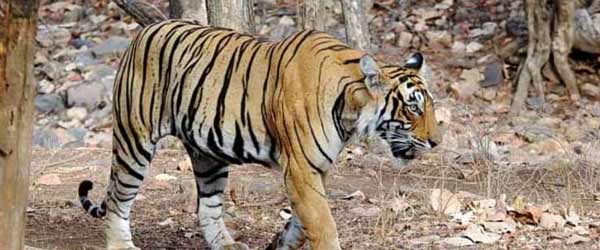
Mukundara Tiger Reserve, Kota
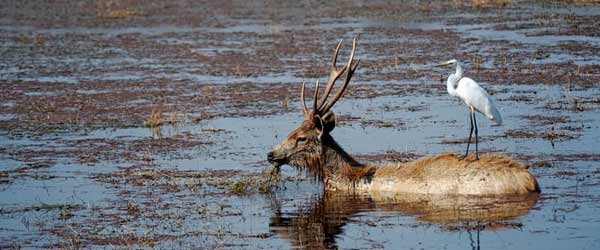
Baretha Wildlife sanctuary
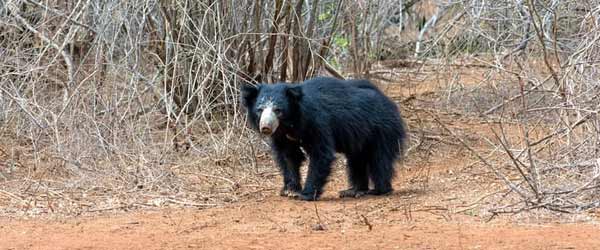
Jaisamand Sanctuary, Udaipur
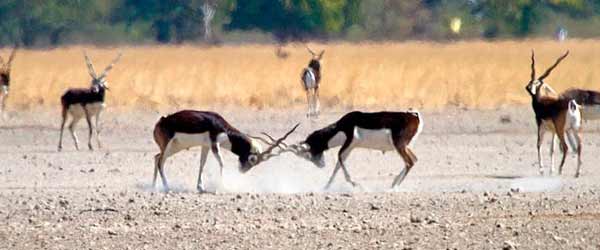
Tal Chhapar Sanctuary
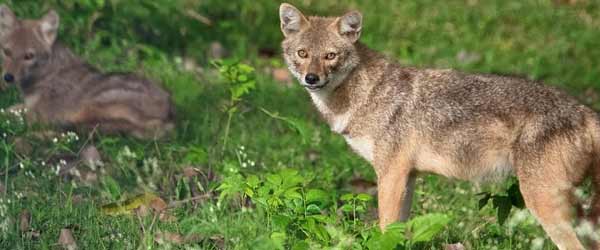
Bassi Wildlife Sanctuary
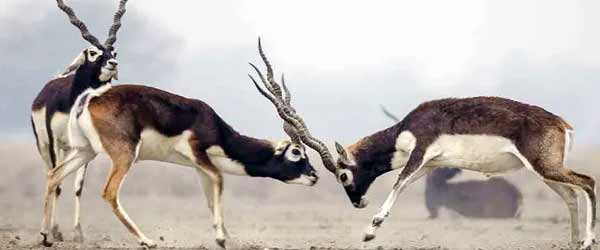
Gajner Wildlife Sanctuary
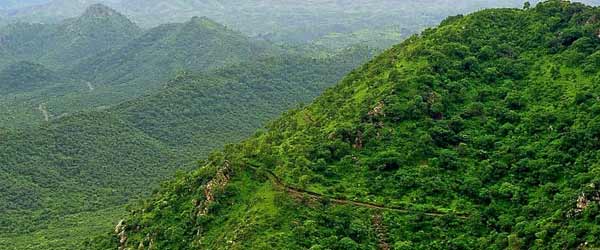
Sajjangarh Wildlife Sanctuary
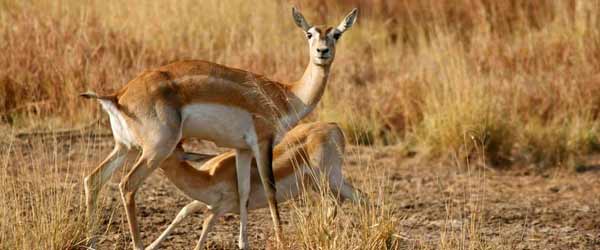
Todgarh Raoli Wildlife Sanctuary
 +91 9549279999
+91 9549279999 